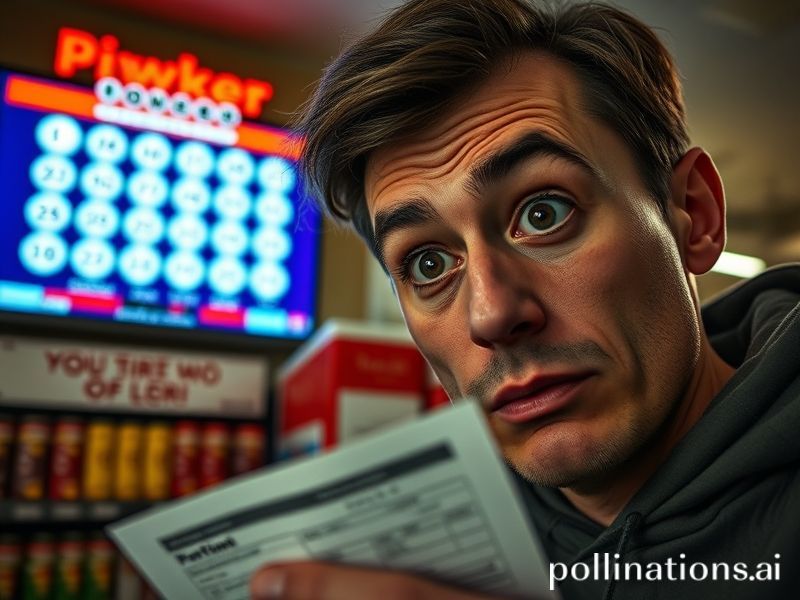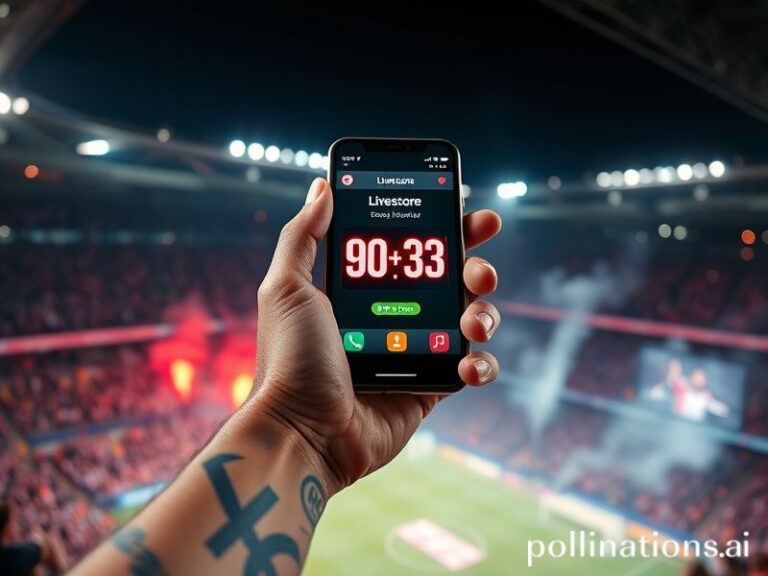Powerball Fever: Why the World is Obsessed with the Ultimate Gambling Rollercoaster
# **Powerball Fever: Why the World is Hooked on the Ultimate Gambling Rollercoaster**
In a world where memes, viral challenges, and cryptocurrency trends dominate the internet, there’s one thing that’s got everyone from your local barista to your tech-savvy cousin glued to their screens: the Powerball jackpot. The latest Powerball jackpot has ballooned to a mind-boggling $1.9 billion, and it’s not just Americans who are losing sleep over it. This global obsession is more than just a numbers game—it’s a cultural phenomenon, a social experiment, and a reminder that we’re all just a few lucky numbers away from financial freedom (or at least a really good story).
### **The Cultural Context: Why the World is Playing Along**
The Powerball jackpot isn’t just a U.S. thing anymore. Thanks to the internet, the world is tuning in, dreaming of what they’d do with a billion dollars. Social media is flooded with memes, jokes, and even serious discussions about the best way to spend the jackpot. From TikTokers sharing their “dream lottery wins” to Twitter threads debating the ethics of quitting your job after winning, the Powerball jackpot has become a global watercooler moment.
In countries where lotteries aren’t as big, the Powerball jackpot serves as a fascinating glimpse into American culture—where hope, luck, and a little bit of math collide. It’s a reminder that no matter where you are, the dream of instant wealth is universal. Whether you’re in Tokyo, London, or Buenos Aires, the idea of hitting the jackpot taps into a shared human desire for a life-changing windfall.
### **The Social Impact: A Brief Escape from Reality**
Let’s be real: the Powerball jackpot is more than just a game. It’s a temporary escape from the mundane. For a few dollars, you get to fantasize about quitting your job, buying a private island, or finally funding that passion project you’ve been putting off. In a world where financial stress is a reality for many, the lottery offers a brief, glorious moment of hope.
But the social impact goes beyond individual dreams. The Powerball jackpot also sparks conversations about wealth, inequality, and the ethics of gambling. Should you play responsibly, or is it all just a fool’s errand? Should you take the lump sum or the annuity? These debates are playing out in living rooms, on social media, and even in the halls of power. The lottery isn’t just about money—it’s about the stories we tell ourselves about success, luck, and the American Dream.
### **Why This Topic is Significant**
The Powerball jackpot is significant because it’s a mirror held up to society. It reveals our collective hopes, fears, and fantasies. It’s a reminder that, despite our differences, we’re all susceptible to the allure of a big win. It’s also a testament to the power of the internet in turning a local event into a global phenomenon.
But perhaps the most significant thing about the Powerball jackpot is what it says about our relationship with money. In an era where financial security feels increasingly out of reach, the lottery offers a tantalizing glimpse of what could be. It’s a reminder that, for a few dollars, we can all be players in the ultimate game of chance.
### **Conclusion: The Powerball Effect**
The Powerball jackpot is more than just a numbers game—it’s a cultural touchstone, a social experiment, and a global obsession. Whether you’re playing or just watching from the sidelines, there’s no denying the power of the lottery to captivate the world. So, as the numbers roll in and the jackpot grows, remember: we’re all just a few lucky numbers away from a life-changing moment. And if you do win, maybe send us a postcard from your private island.







